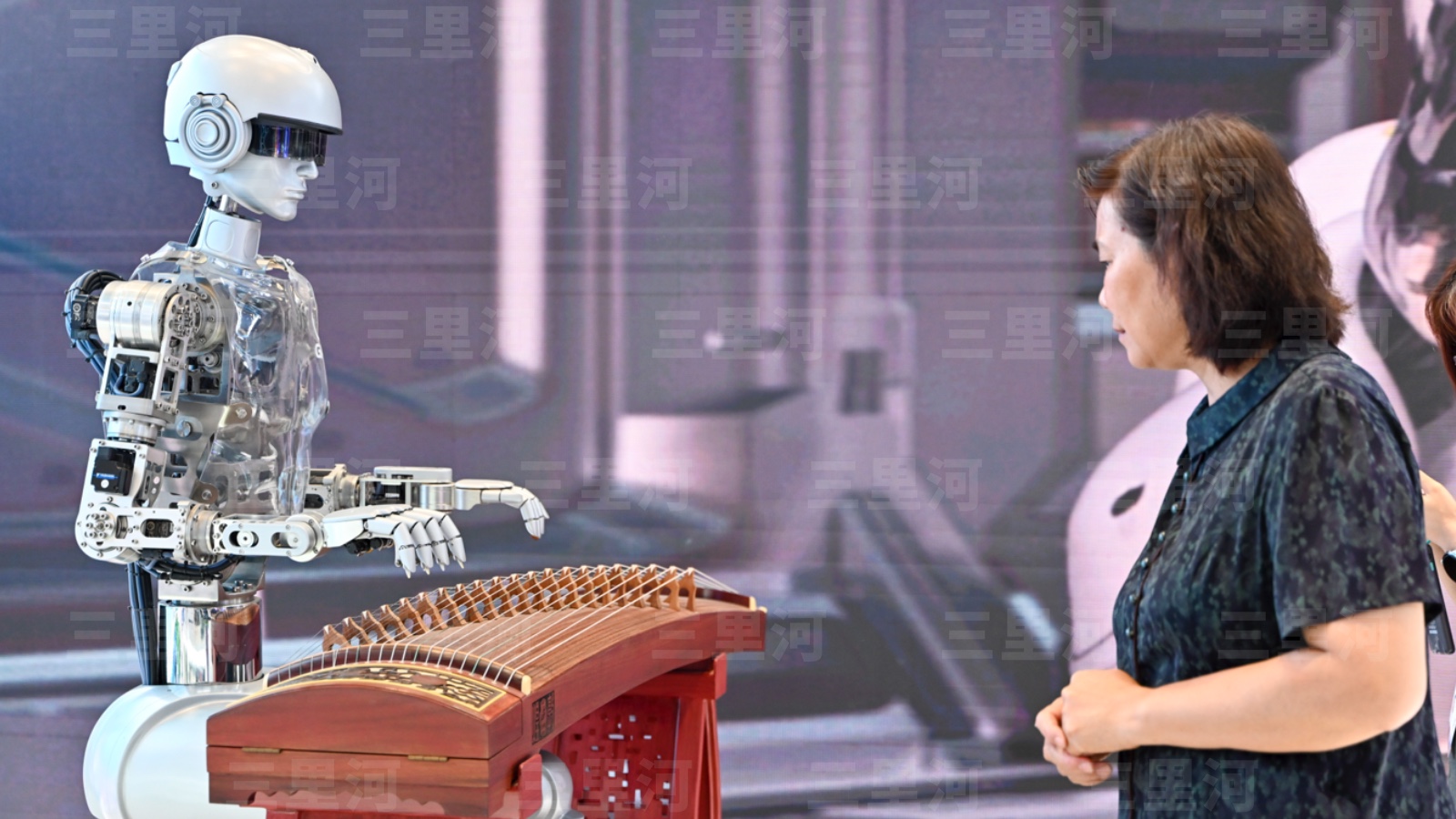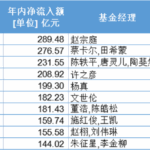Humanoid robots running on sports fields, intelligent agents accelerating updates, large model applications expanding into more areas…
At a critical moment of accelerating AI technology iteration, Chinese authorities have issued a key policy document, including “intelligent economy” in an official policy.
Recently, the State Council issued the “Opinions on Deeply Implementing the ‘AI+’ Initiative”. The document outlines a clear roadmap for “AI+” development—from breakthroughs in key sectors to forming important new growth drivers for the economy, and ultimately entering a new stage of comprehensive intelligent economy and intelligent society.
Currently, the deep integration of artificial intelligence with the real economy is at a critical period of opportunity. How to develop and apply this new technology well has become a necessary question for everyone.
The solution proposed is to use the certainty of application development to address the uncertainty of AI development.
“The intelligent economy is a completely new form born out of transformation.” It is believed that the “AI+” initiative will accelerate the transformative enabling role of AI, driving optimization and innovation in the physical world, digital space, and knowledge systems, significantly improving resource utilization and socio-economic operational efficiency, and shaping a new intelligent development paradigm.
Similar to how “Internet+” a decade ago gave rise to the digital economy, launching the “AI+” initiative will accelerate the widespread and deep integration of AI with all sectors and fields of the economy and society.
There are clear advantages and broad application space for developing an intelligent economy.
It was pointed out that there is not only a超大规模 market and超大经济体量, but also abundant data resources and a complete industrial system, providing huge market space and broad application scenarios for promoting the high-quality development of large models, intelligent agents, intelligent robots, and other AI products and services.
It is also believed that there are rich application scenarios, with good digital foundations in advanced manufacturing, transportation, healthcare, wholesale and retail, and other industries, which can strongly support the smooth implementation of the “AI+” initiative and the sustainable development of AI technology.
Implementing the “AI+” initiative is a systematic project.
The document proposes accelerating the implementation of six major “AI+” key initiatives: “AI+” in science and technology, industrial development, consumption upgrade, people’s livelihood and well-being, governance capacity, and global cooperation.
At the same time, it strengthens eight foundational support capabilities, including: enhancing model foundational capabilities, strengthening data supply innovation, reinforcing intelligent computing power coordination, optimizing the application development environment, promoting open-source ecosystem prosperity, strengthening talent team building, reinforcing policy and legal safeguards, and improving security capability levels.
Currently, we can already feel the various changes brought by AI technology: smart factories achieving cost reduction and efficiency gains, autonomous driving accelerating deployment, humanoid robots entering sports fields, and intelligent terminal devices continuously being updated.
AI technology is reconstructing our production models, lifestyles, and social forms with unprecedented breadth and depth.
In the near future, “AI+” will bring new intelligent development paradigms across multiple fields.
Accelerating the formation of a new form of intelligent economy and intelligent society characterized by human-machine collaboration, cross-border integration, and co-creation and sharing. It is understood that relevant departments will successively introduce supporting documents for various fields to ensure effective policy implementation, enabling all people to share the fruits of AI development.






